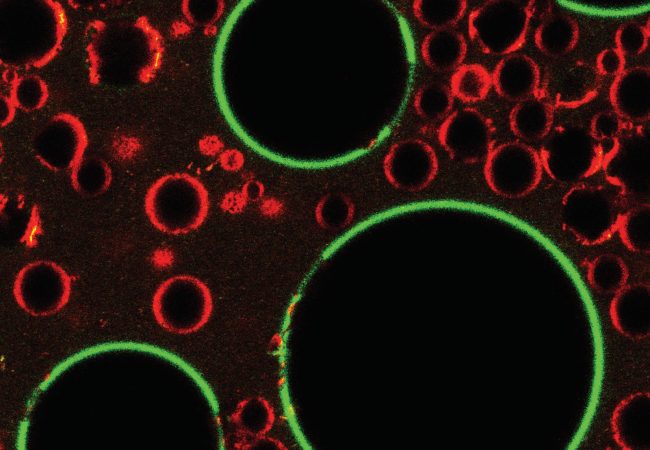Case Studies
The Franklin achieves its goals through collaborative working. Together we are able to address real-world challenges. Our work creates lasting impact and benefits for both ourselves and our partners. These case studies outline just some of the examples of these collaborative projects at the Franklin.
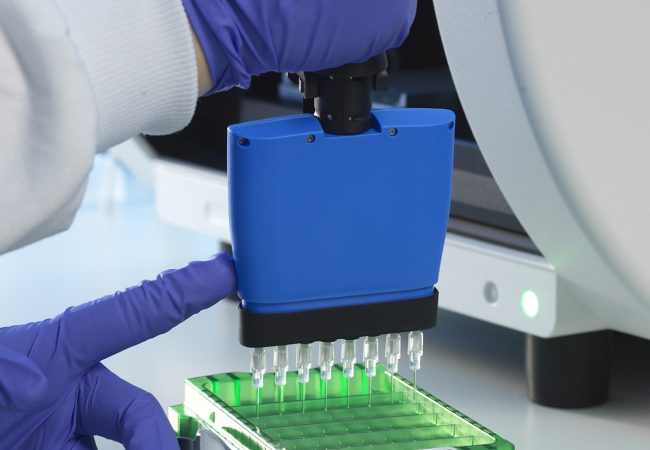
Biotech deal paves way for new COVID-19 treatments and more
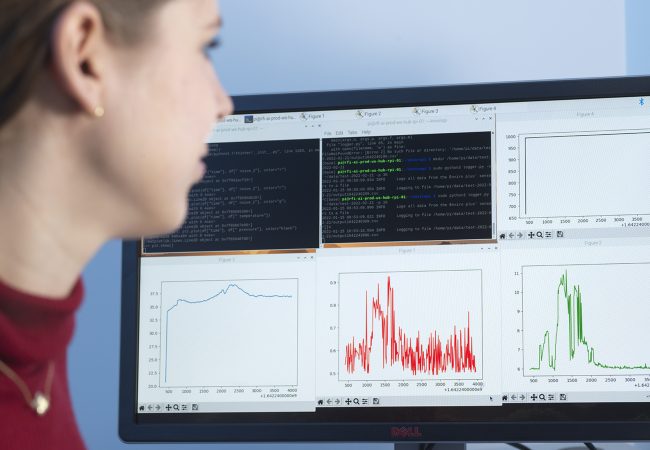
Using artificial intelligence to understand stillbirth
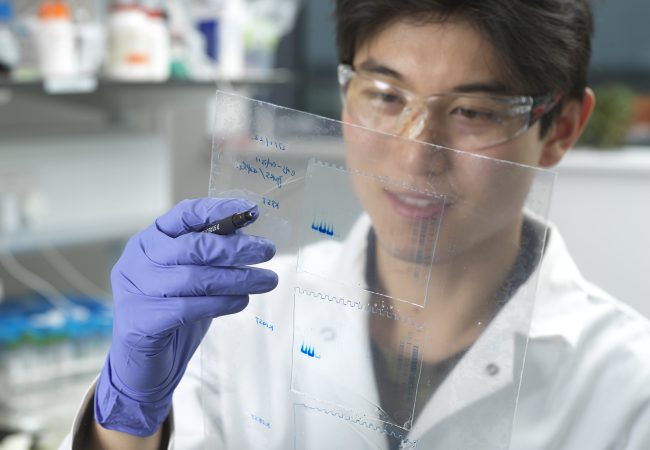
Strategic labelling approaches to understand proteins in action
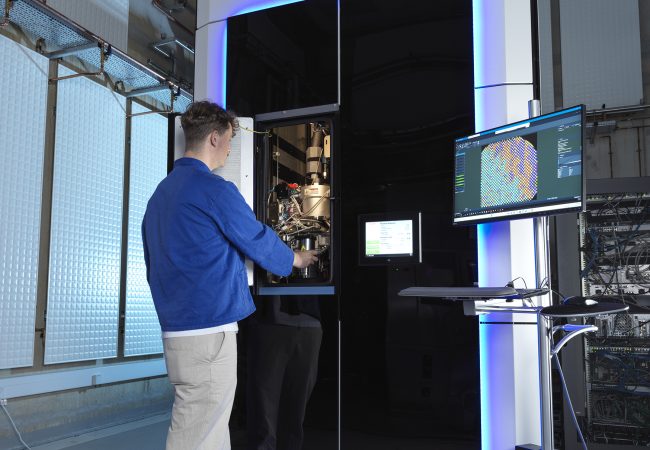
Peering into subcellular architecture at unprecedented resolution
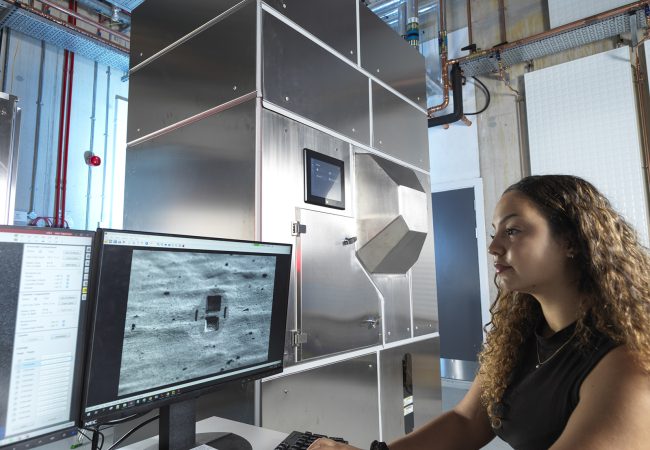
Collaborating to shape and deliver the future of cryo-electron tomography
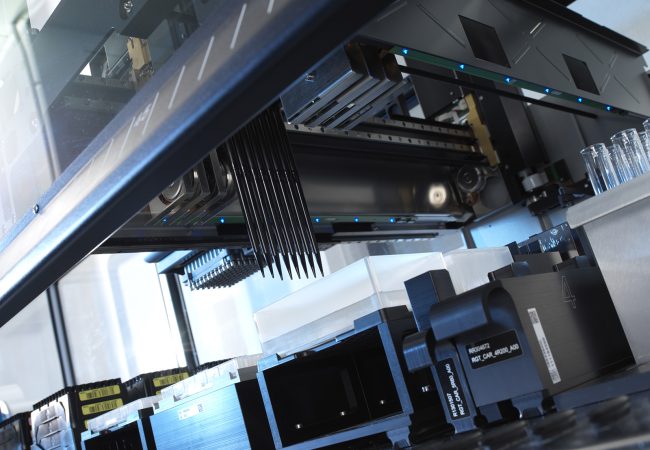
Bringing chemistry to life to treat rare diseases
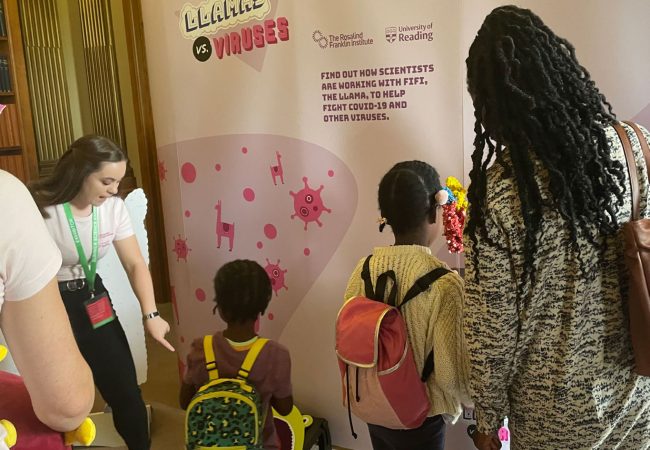
Covid-fighting llamas at the Royal Society Summer Science Exhibition
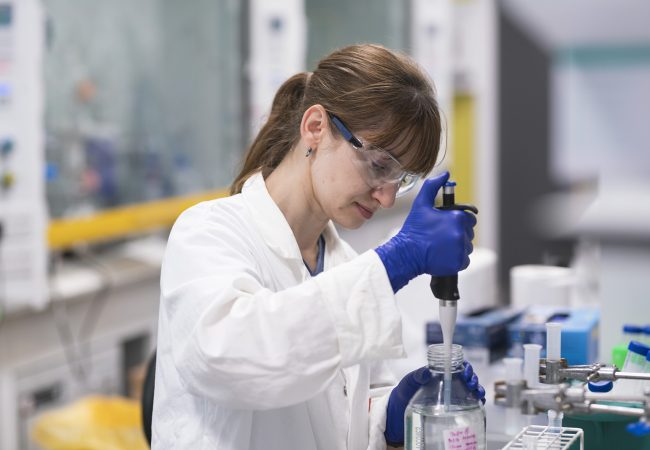
Piecing together a puzzle in protein damage
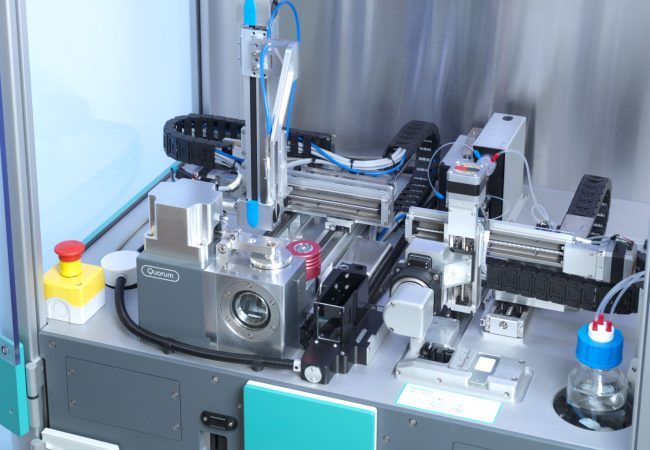
Optimised sample preparation fuels the ‘resolution revolution’
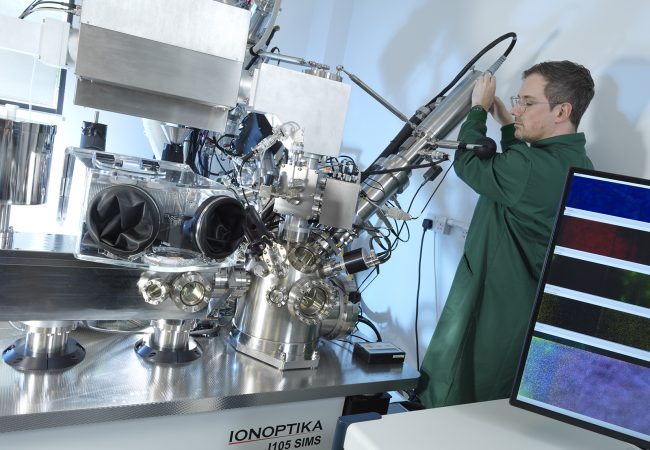
New stigmatic imaging prototype shows benefits of academic-industry partnering
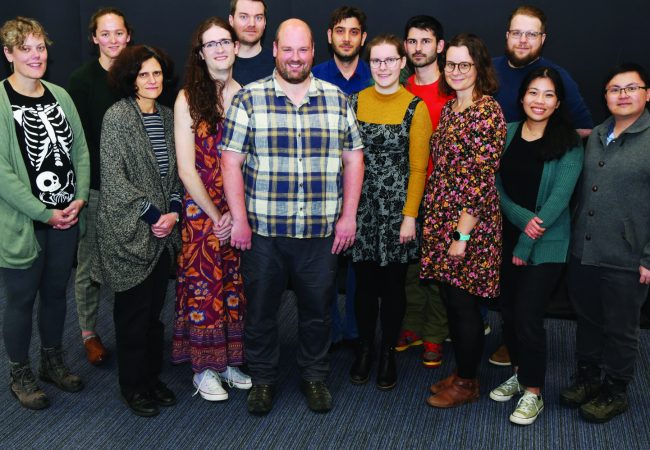
Harnessing the power of citizen scientists
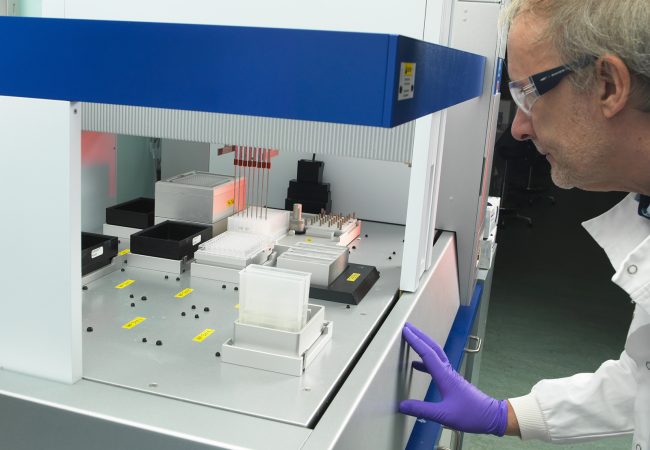
Franklin researchers demonstrate ‘significant potential’ of llama antibodies as potent Covid-19 treatment
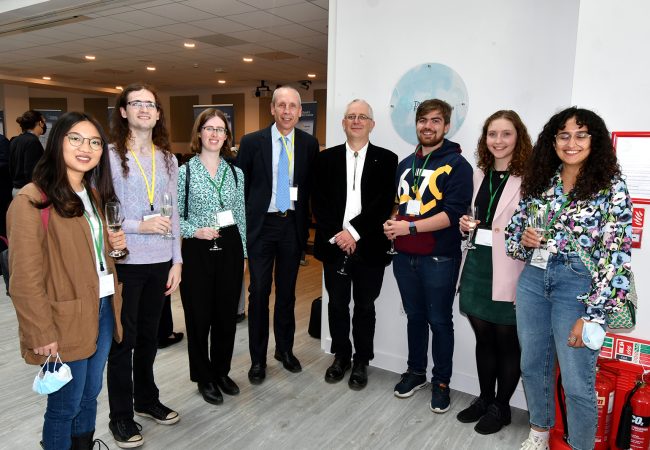
Franklin PhD programme
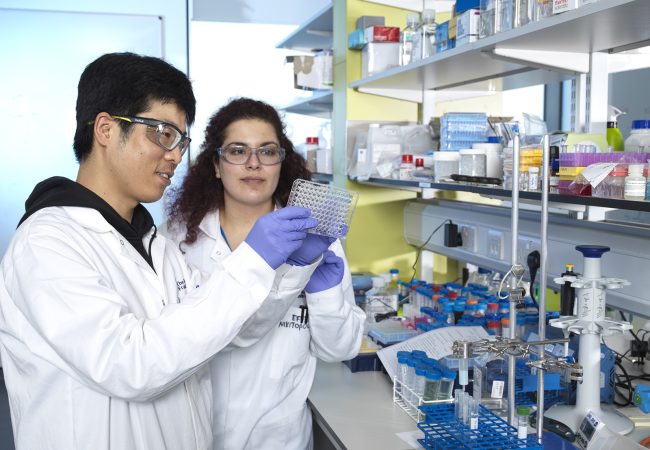
Driving technological leaps for healthcare
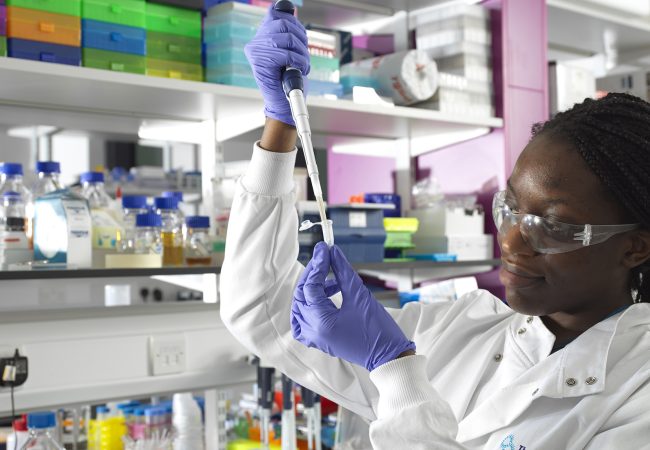
Discovery of new Covid infection mechanism offers clue to SARS-CoV-2 leap to humans
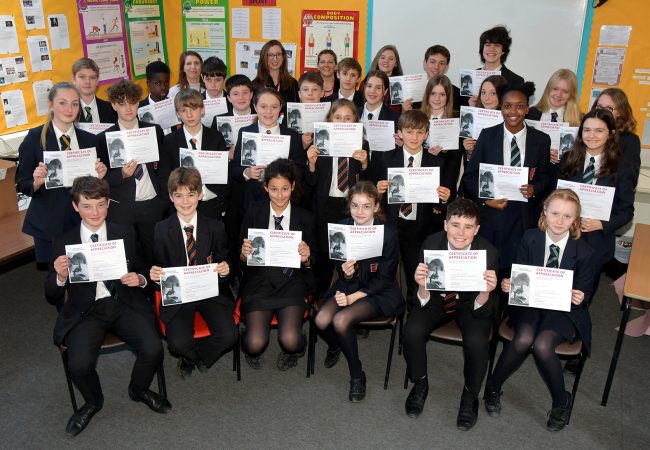
Bringing science out of the lab to the public
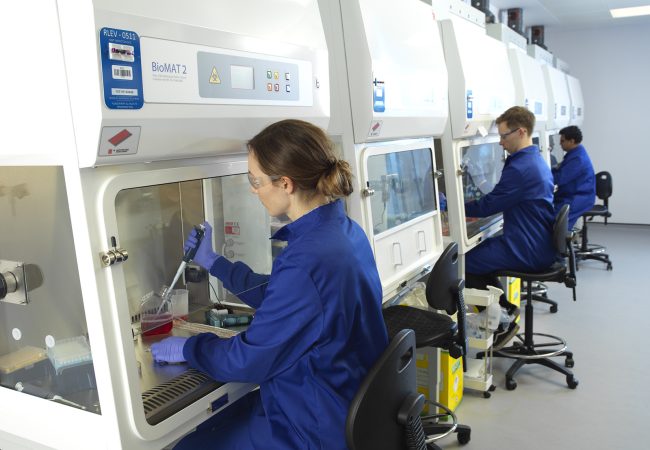
Dorothy and Franklin
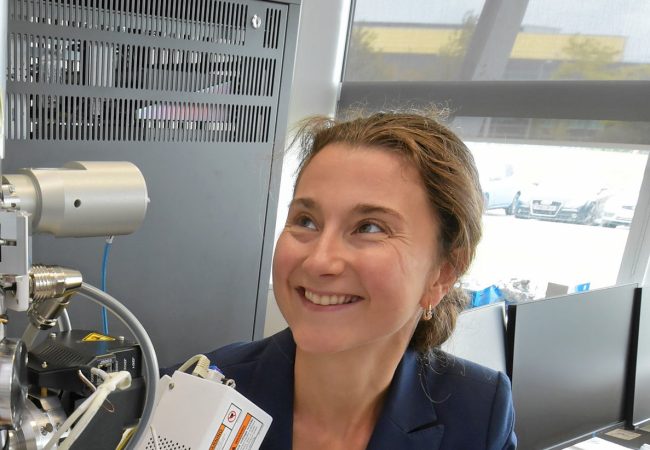
Synthetic biology solutions for imaging
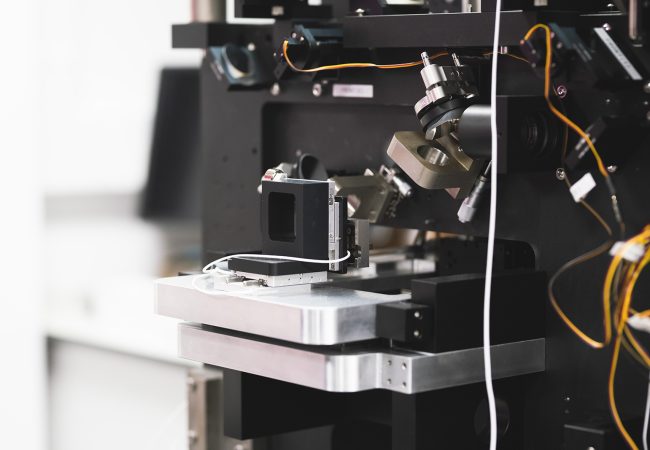
BioCOP
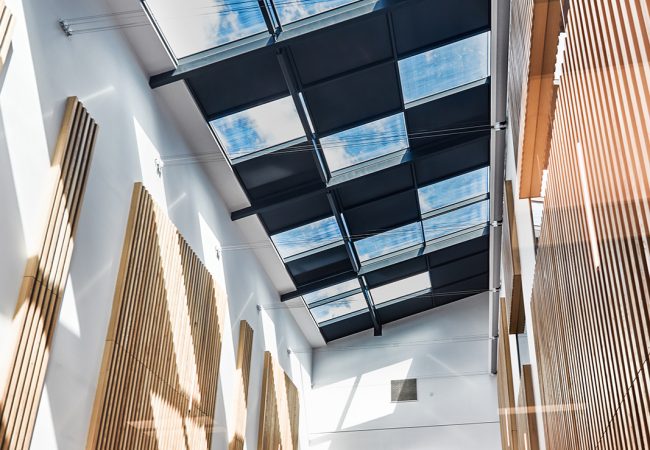
The Franklin Hub opening
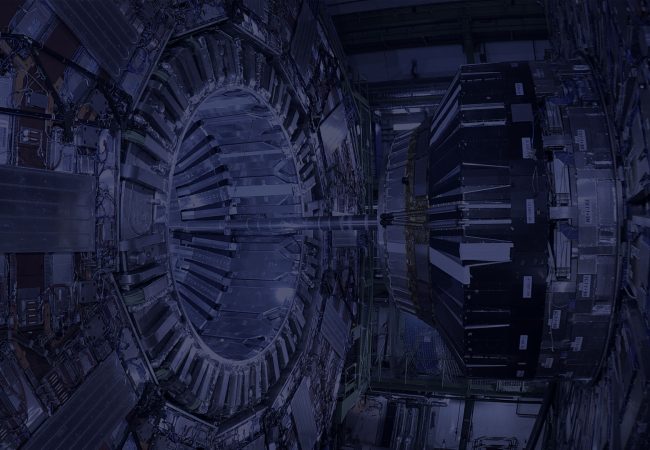
The Franklin is driving ultra-fast bioscience research at new national facility
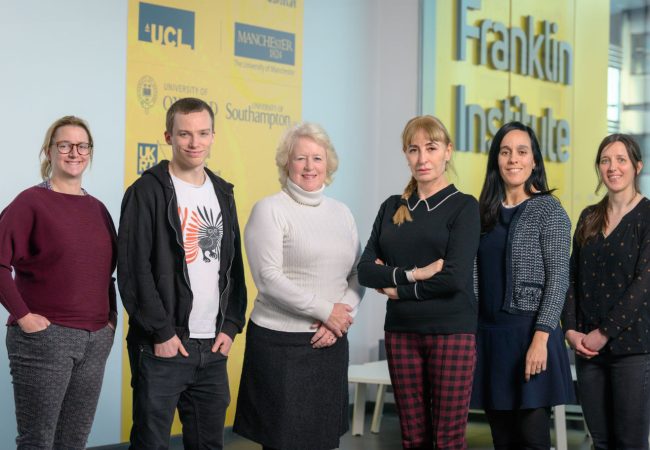
Detecting the tiny peptide that could transform Alzheimer’s disease diagnosis
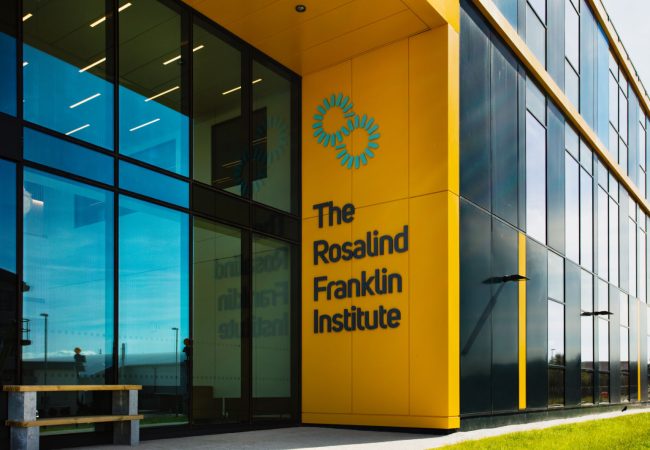
Remote testing of new imaging technology with the user community
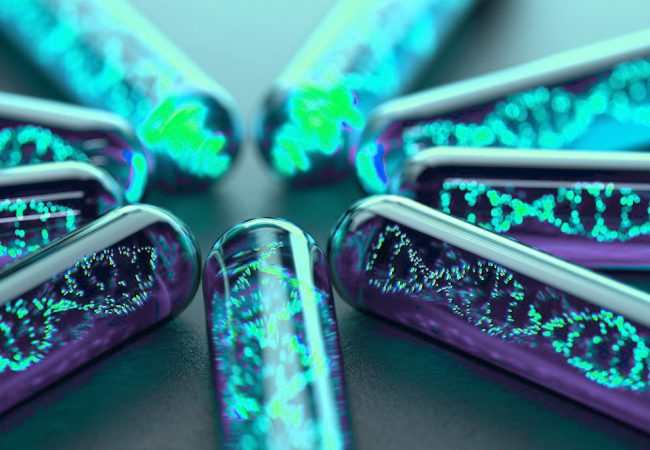
Industry partnership ventures into new territory
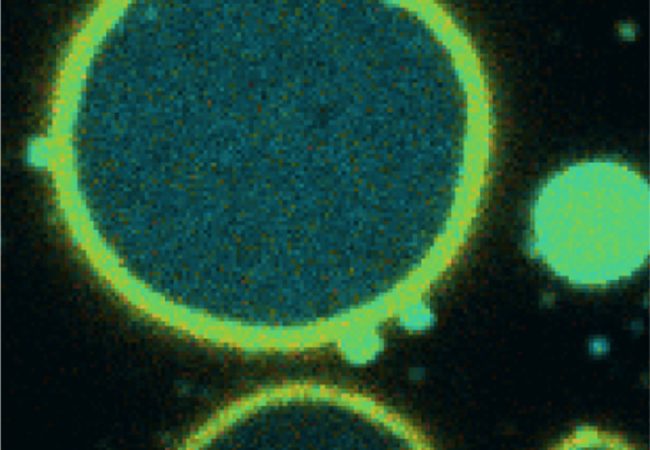
Quantifying membrane dynamics to gain insights into cell function
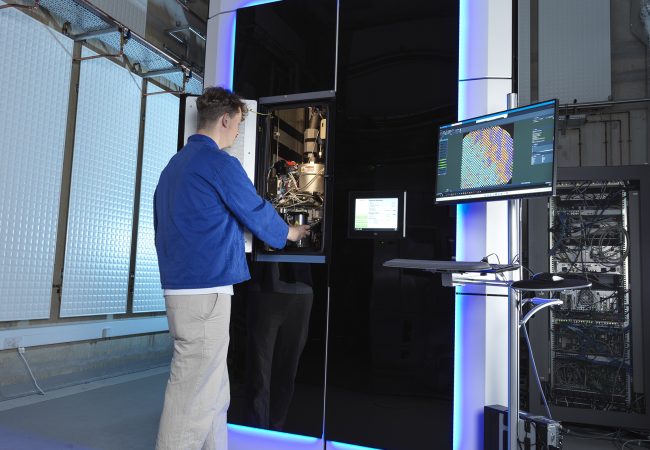
Health Data Research UK Internship

Azadyne Partnership
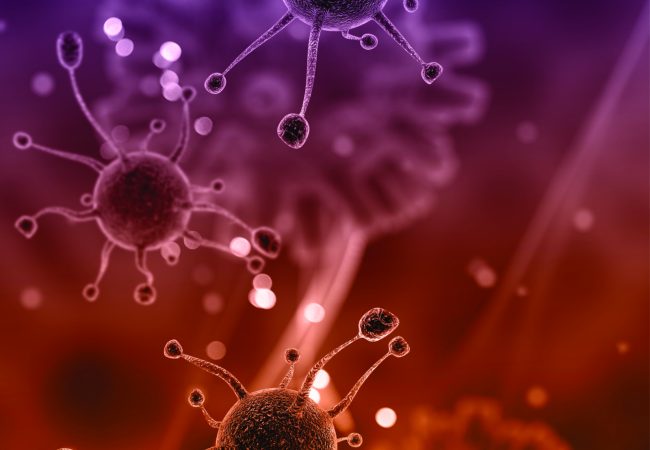
University of Birmingham

University of Manchester

The Science and Technology Facilities Council
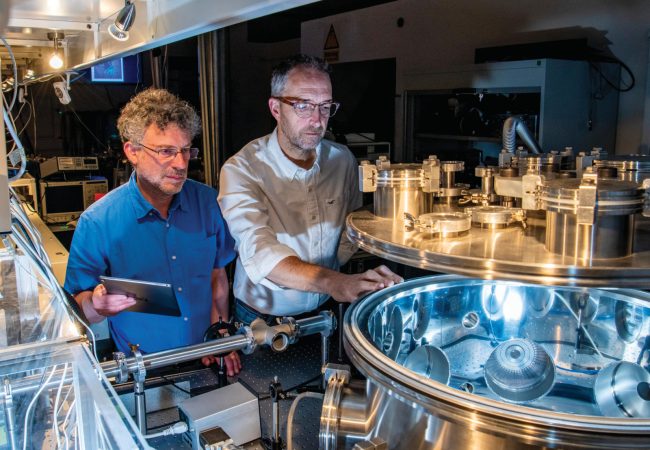
University of Southampton
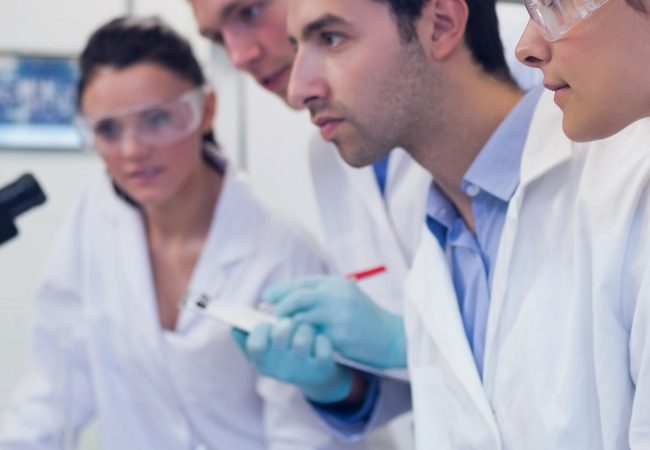
Imperial College London
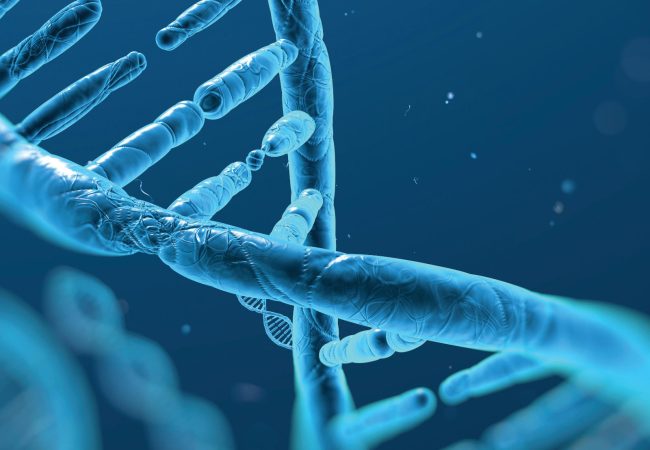
King’s College London

University College London
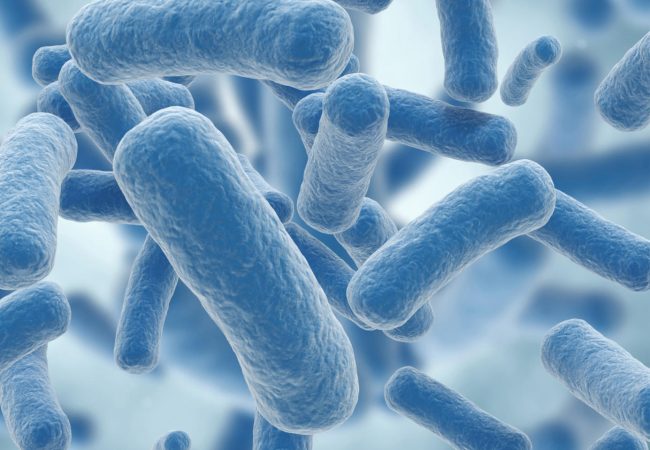
University of Leeds
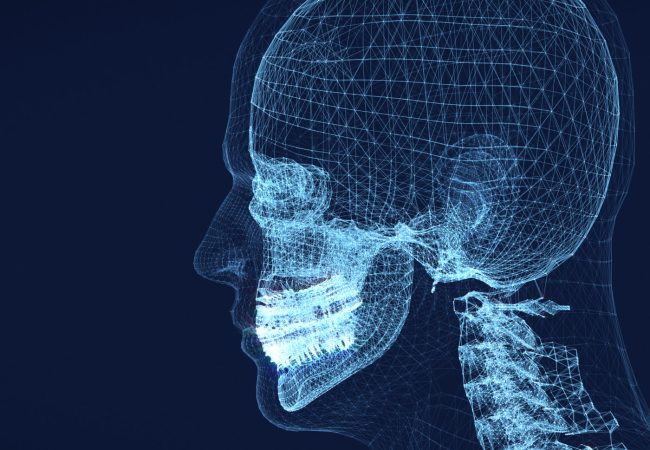
Diamond Light Source
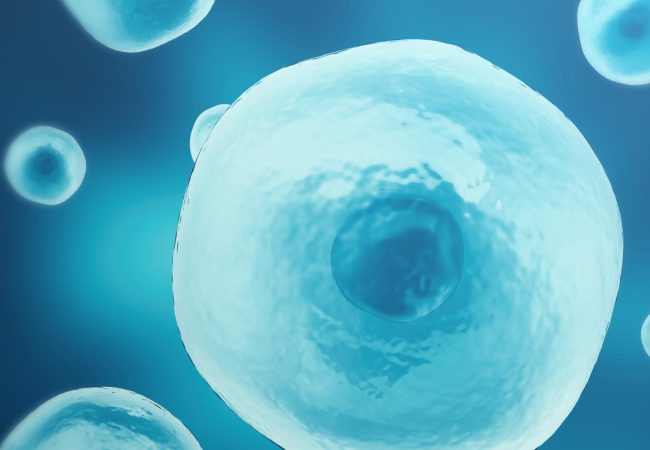
University of Cambridge

University of Edinburgh
